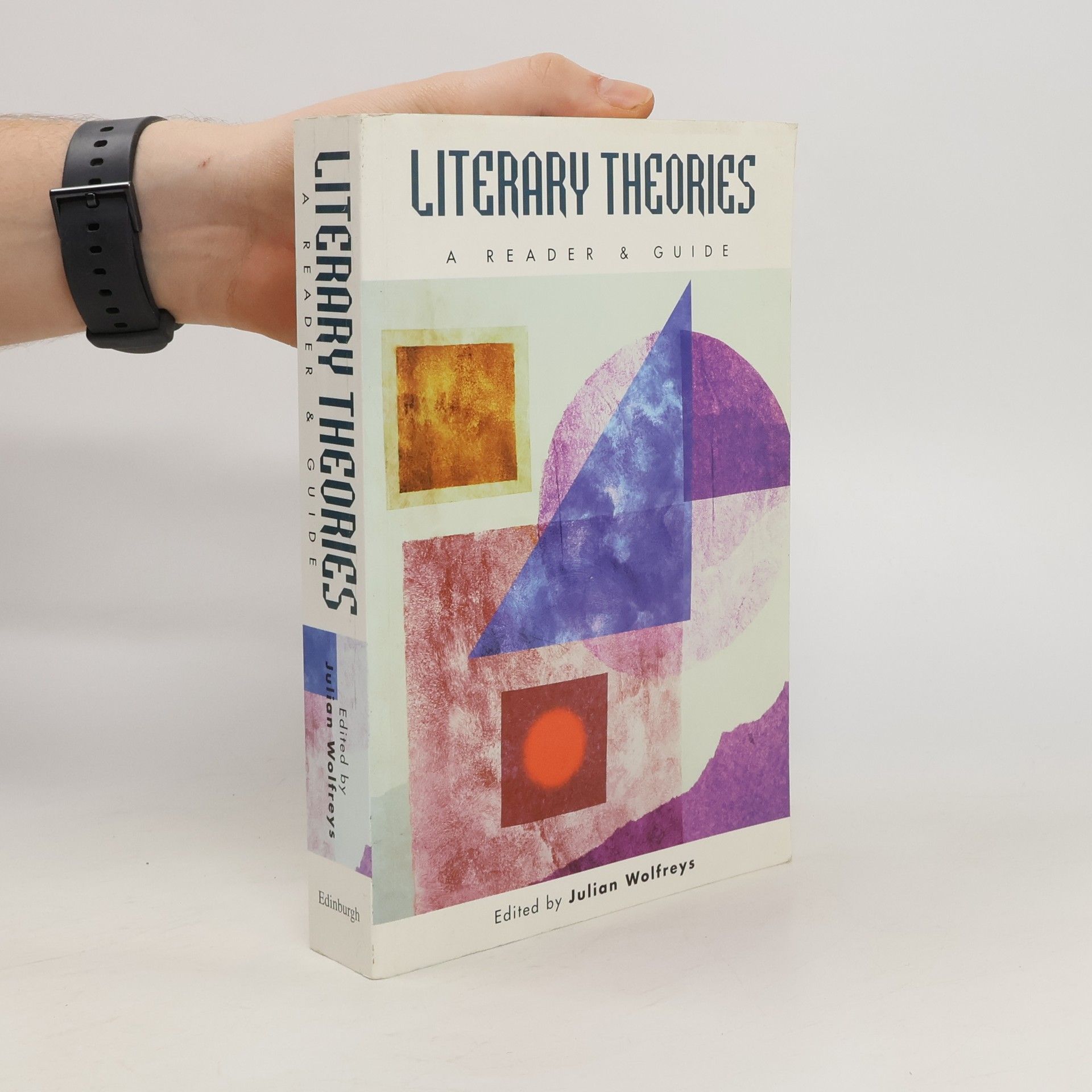Literary theories a reader and guide
- 672 stránok
- 24 hodin čítania
Literary Theories: A Reader and Guide is the first reader and introductory guide in one volume.

Literary Theories: A Reader and Guide is the first reader and introductory guide in one volume.